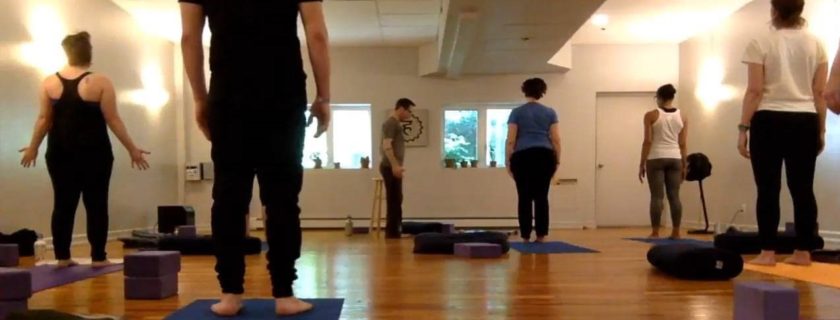People who use the majority of health care services often have significant physical, mental/behavioral and social needs. Many have also experienced deep trauma including various forms of violence, poverty and abuse which leave them at greater risk for poor health, substance use and involvement with the criminal justice system.
A BPHC Innovation Fund pilot through the Osborne Association is addressing patient trauma through programming that builds resilience and self-care among its clients and links them to primary care.
Osborne provides substance use treatment and a host of support programs to people and families involved with the criminal justice system including advocacy, alternatives to incarceration, workforce training and job placement, and family services.
The main component of the pilot is the Social Resilience Model (SRM), a neuroscience-based approach to coping with stress, distress and trauma. SRM helps bring better awareness and understanding of one’s reactions to stress, frustration and other triggers. Through SRM, people learn how to redirect and regulate the way the body reacts to stressors to reduce anxiety and impulsivity.
“Exposure to violence is a nearly universal experience among the people we serve,” says Michelle Howard, Director of Operations at Osborne. “Addressing this trauma and improving their self-awareness can stop the cycle of substance use, incarceration and the need for acute and crisis care.
For Osborne, this pilot was also an opportunity to create a cultural shift in the organization in which all staff understand that trauma is a core client experience and become trained in techniques to increase emotional resilience.
Staff members were trained on SRM through a series of workshops from September 2018 to January 2019. They now integrate SRM into their individual and group interactions with clients.
Osborne also introduced two movement and meditative practices — yoga and Qigong — to their on-site programming. Michelle Portlock, Director of Evaluation, acknowledged that engaging people in these practices was initially a challenge because of misperceptions about their value. However, participation has taken off; 70 clients have participated in yoga and 60 in Qigong.
Portlock reports that as people become more focused on self-care, they are more accepting of being connected to primary care providers. To date, more than 40 clients have been successfully referred to primary care.
Throughout the pilot, Osborne is administering pre- and post-surveys to participants in the program. These surveys will allow Osborne to gather feedback about participants’ experiences in the program and to measure the effectiveness of the pilot.
“BPHC’s Innovation Fund supports non-medical approaches to care that address some of the root causes of our patients’ health care needs,” said J. Robin Moon, BPHC Senior Director of System Integration. “DSRIP is helping us to redefine the meaning of ‘health care’ so that we can provide patients the right care and support that will give them the best health outcomes.”
For more information, contact Shqipe Gjevukaj.
